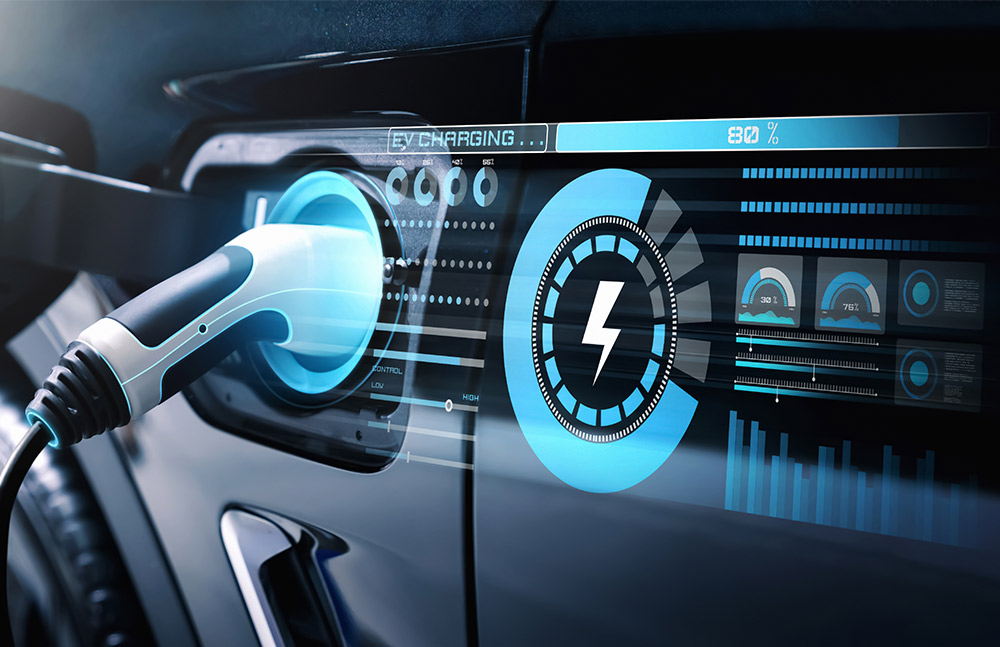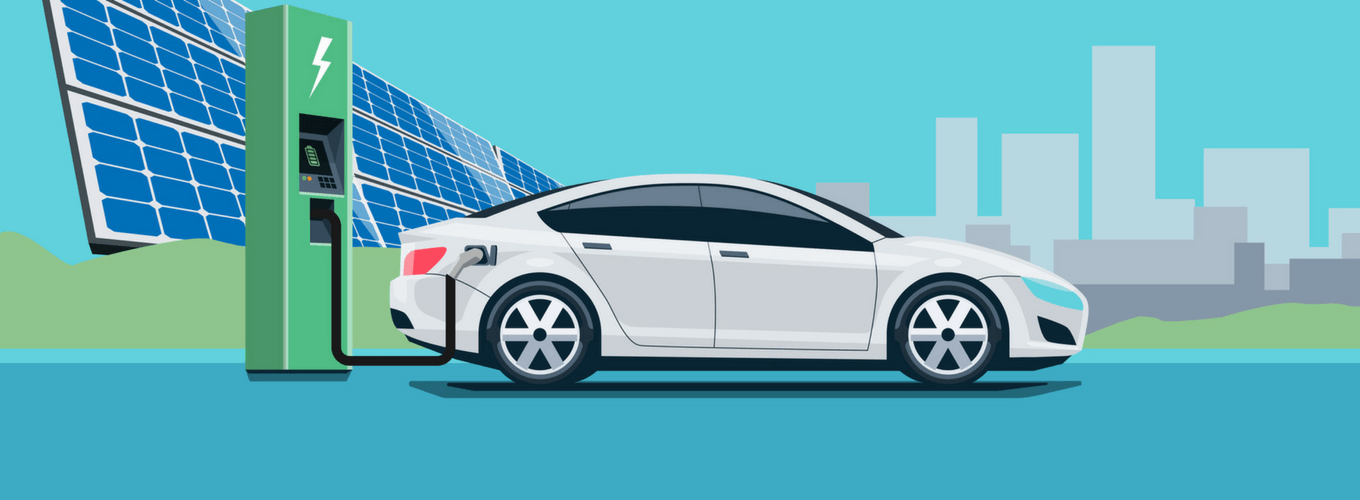
Table of Content
▼Within the overarching aim of a major shift towards electric vehicles (EVs), the Chandigarh EV Policy also pushes for job creation, innovation, skills development and the expansion recycling infrastructure for the battery-run-vehicle sector. UT administration notified the draft of the electric vehicle policy last week and it is slated to come into effect on April 1. Under this, skills development, training and job creation will be expanded, which will also help the sector to grow and be sustainable in the city.
The manufacture and maintenance of electric vehicles requires a skilled workforce that differs from conventional vehicles. To ensure a smooth transition to electric mobility, special efforts must be made to develop skills,” said a senior UT official.
Under this policy, the Ministry of Education, in association with the Chandigarh Department of Transport, plans short courses on electric mobility, electric vehicle supply equipment (EVSE), repair and maintenance, battery manufacturing and maintenance. The polytechnic will offer two-week courses on knowledge of electric vehicles for skill development.
Chandigarh administration, in partnership with relevant/interested original equipment manufacturers (OEMs) and service providers, shall develop skills enhancement centers to deliver vocational courses on the electric vehicle ecosystem. The centers are intended to train the ICE workforce/mechanics in repair and maintenance of electric vehicles and charging stations,” the official said.
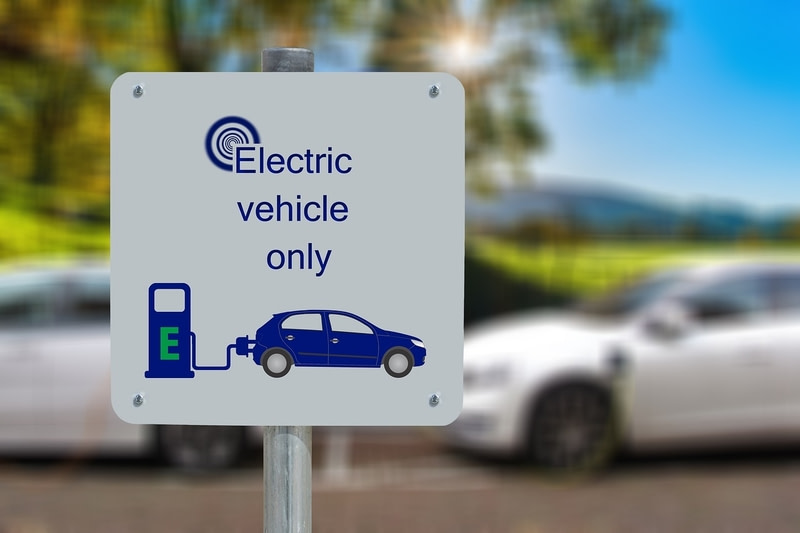
INNOVATION GERMINATION
This policy aims to foster research and innovation in the field of electric mobility in Chandigarh and promote entrepreneurship in this space.
UT will support the development of entrepreneurship and encourage the creation of companies in the field of electric vehicles. A Center of Excellence for Electronic Mobility (CoE) will also be established. To benefit from the financial incentives, the startup must be registered with Startup India and have a valid certificate from the central government. Only startups with registered office in Chandigarh are eligible for this scheme and their product or service must be in the electric vehicle sector/ecosystem to be eligible for the incentives,” the official stated.
"Under any circumstances, the benefits under this scheme will not be an entitlement. The Chandigarh Association for Renewable Energy and the Promotion of Science and Technology (CREST) will have the exclusive right to accept or reject the applications," said the official.
The Department will promote industry-led Centers of Excellence for advanced research in the field of electrical and automotive in partnership with leading academic institutions/networks of owners/industry partners in Chandigarh.

PROMOTING RECYCLING
The policy also aims to encourage the reuse of electric vehicle batteries that have reached the end of their useful life and to establish a recycling business. The Chandigarh administration will promote the use and recycling of second life electric vehicle batteries. "It will be strictly prohibited to dispose of batteries in garbage/landfill," the official said. OEMs, through their own networks, associations and retail outlets, will direct the collection of batteries for reuse. The same guidelines will be notified separately.
Infrastructure Incentive: Scholarship of INR 3,000 per seat monthly (maximum incentive of INR 18,000/month). Only for the first 10 startups related to zero emission mobility of the document period.
Reimbursement of patent fees: Start-ups that register for domestic and international patents will be reimbursed up to 50% of the cost incurred in fees and all other costs associated with registration, subject to a maximum of ₹2 lakh for national and ₹5 lakh for international IP. Only the first 10 eligible patents.
Also Read: The Working and Functioning of an EV Battery
Mehul Jain
EV Specialist & Clean Mobility Advocate. Mehul Jain is an expert in India’s evolving electric vehicle ecosystem, with a focus on EVs, charging infrastructure, and sustainable mobility. His articles cover everything from government subsidies to range insights, helping readers navigate the shift to cleaner transportation.
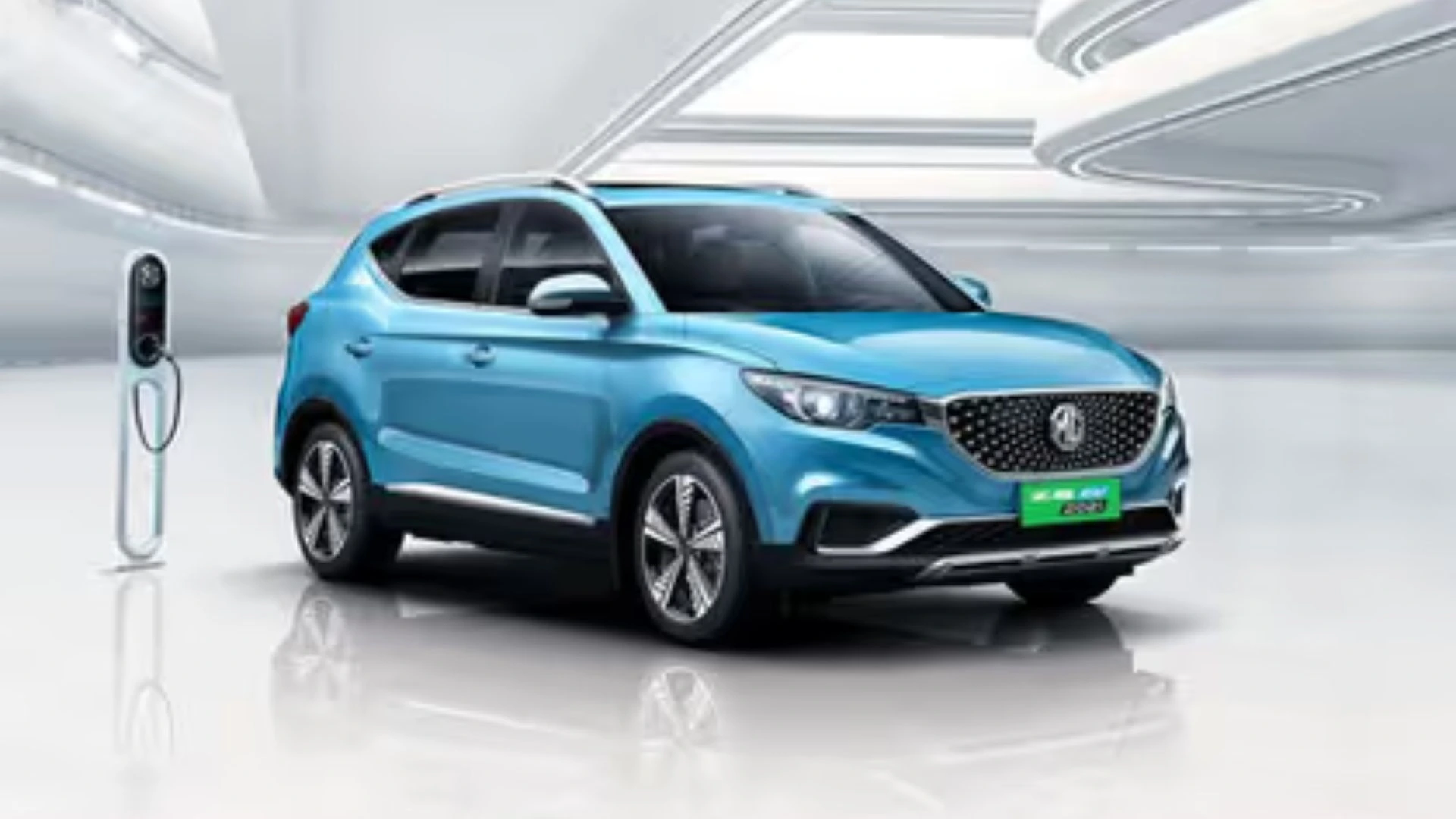

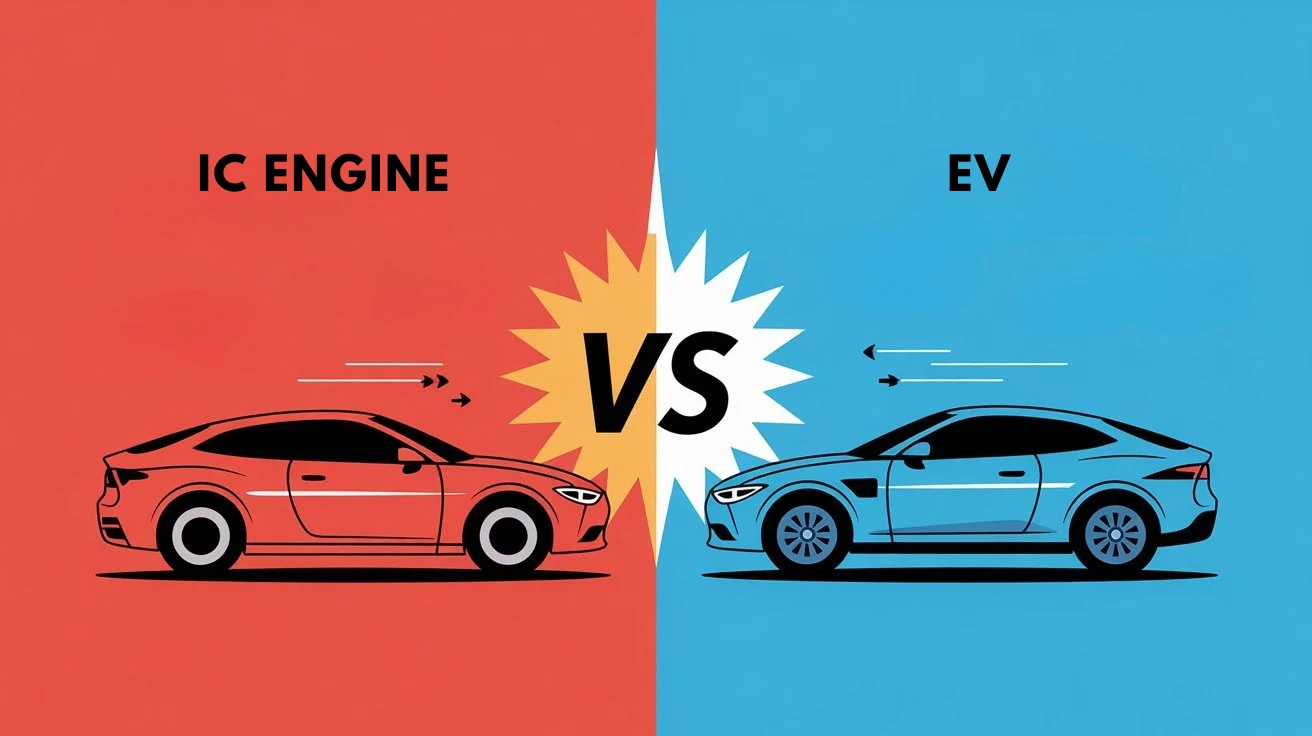
_1770886465.webp)

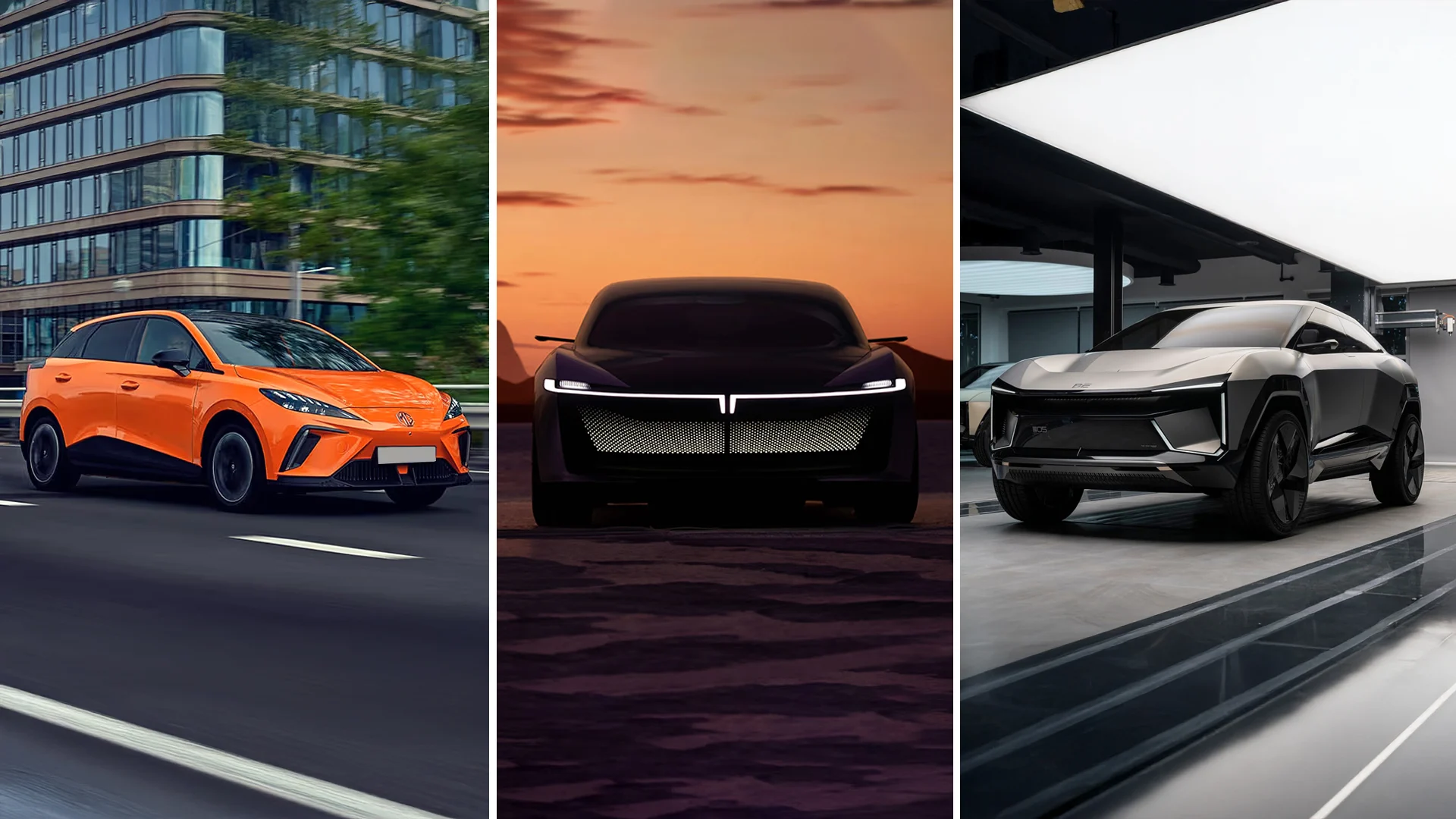
_1716799620.webp)

